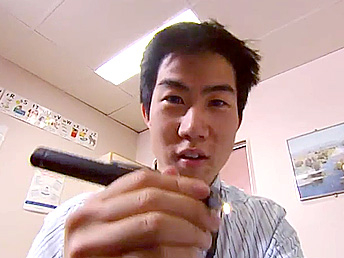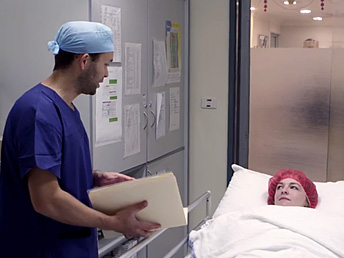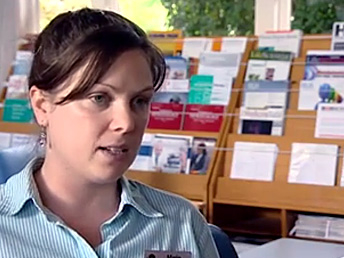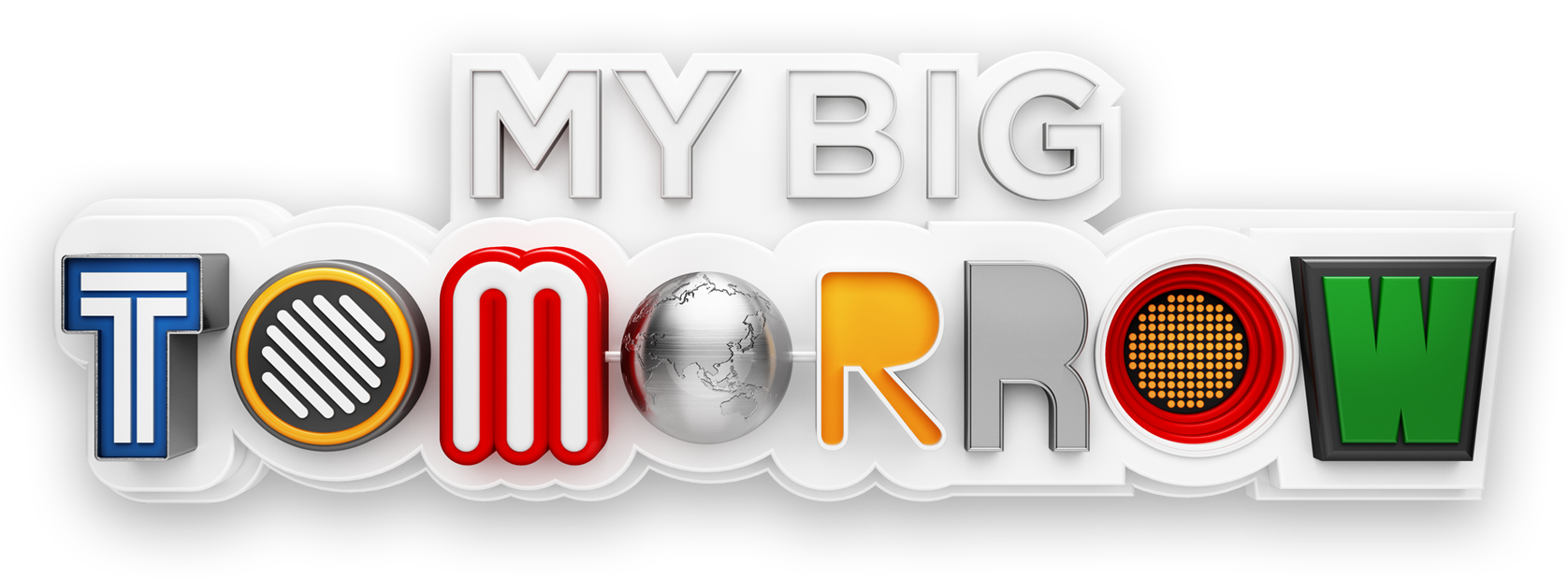
Speech Pathologist
As a speech pathologist you will be treating people who have a communication difficulty. The patients you see can be any age and may have a range of problems with speech or might not be able to swallow food or drink properly.


What the job looks like
Salary expectation
starts at $44,510 up to $84,052+

The good
- Seeing a patient progress
- Helping people and making a difference to their life
- Each day is different
- Having a hands-on job
The not so good
- Not having the resources you might need
As a speech pathologist it is your job to diagnose and treat a speech or swallowing problem.
Being able to speak and be understood is one of the basic levels of communication. If a person cannot do this they may become isolated and their impairment may get worse. According to Speech Pathology Australia, one in seven Australians have some form of communication disability.
You will generally have consultations or appointments with a client to evaluate their condition. Depending where you work this might be done at a nursing home, in a hospital, in a private clinic or in a school. You will then work to diagnose the condition and begin treatment.
Good English skills are essential to being a speech pathologist. Not only will you be helping others to communicate properly, but you might prepare learning resources for families to use at home which need to be correct so that the right communication habits are being reinforced.
Maths will also help you with time management and developing activities for clients that involve numbers or basic arithmetic.
If you are patient, enjoy helping people and have an interest in health, then a career as a speech pathologist could be for you.
You know that you're making a big difference and I love working as part of a close knit team.
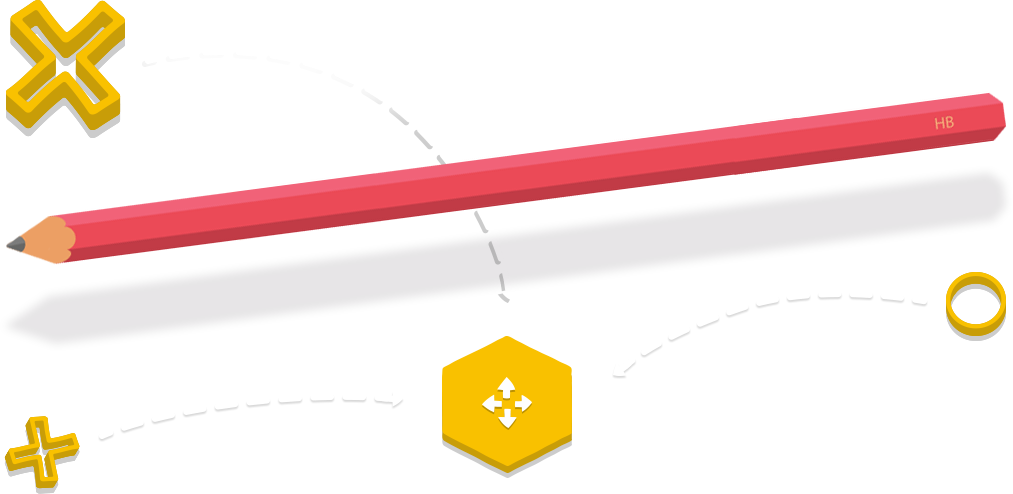
Pathways to this career
Subject suggestions for the HSC
Choosing your HSC subjects from this list could really help with your career. Think carefully about what you want to study after school as you might need to choose specific HSC subjects for that course and to count towards your ATAR (Australian Tertiary Admission Rank). An ATAR is your academic rank in relation to other HSC students and helps with University admission.
HSC subjects
Some subjects will count towards your ATAR, others will not. Check with your career advisor before making subject selections.
- English (Advanced or higher)
- Mathematics (General 2 or higher)
- Biology
- PDHPE
- Community and Family Studies
What can I do after I have finished school?
University degrees
Studying one of these degrees can help with your career.
- Bachelor of Speech Pathology
Suggestions
Check out Speech Pathology Australia for more information
- If there is a hospital near where you live, see if you can get an administrative role. This will help you get used to medical terminology and there might even be a speech therapist you can talk with
- Watch some documentaries that involve speech therapy so you can get a feel for what the career would be like - This might help you decide if there is a certain area you would like to specialise in
- Ask to do reception work at your local doctor's surgery to build up some people and communication skills
- Go to career expos and events like university Open Days for information about what you will study
